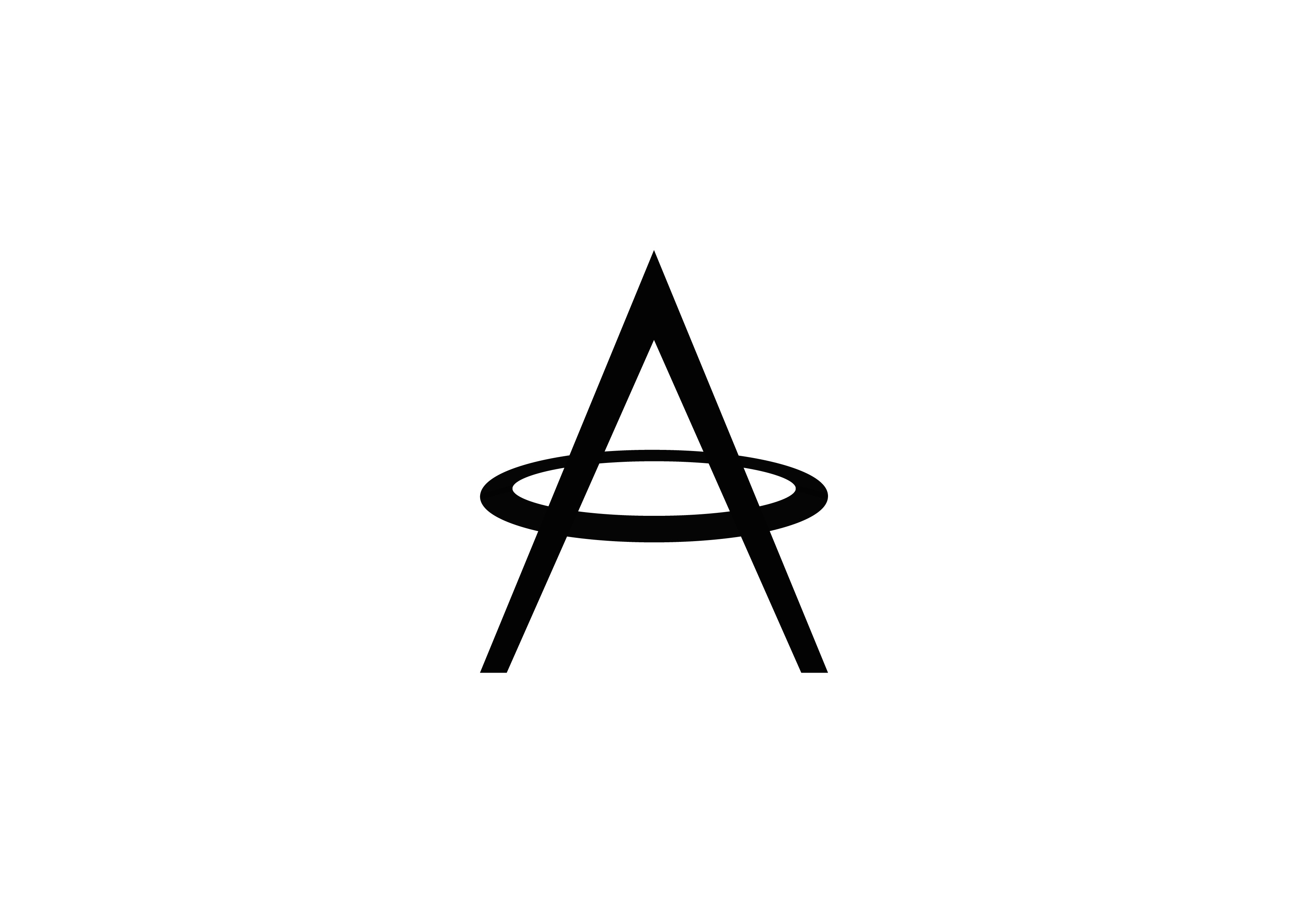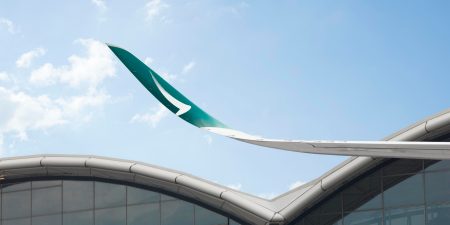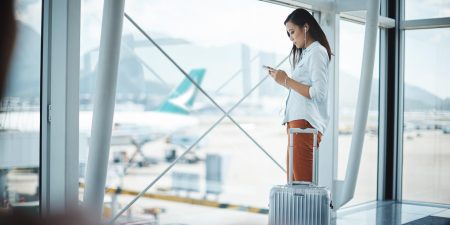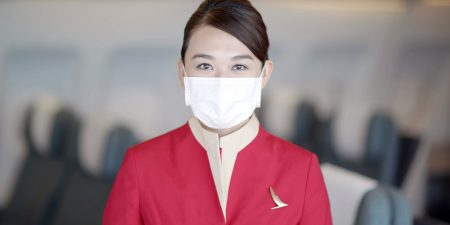What happens to unused inflight food?
Cathay Pacific works on reducing food waste
Since 2011 Cathay Pacific has worked on reducing food loss and waste in Hong Kong.
In total, Cathay Pacific Catering Services (CPCS), which handles catering for more than 45 airlines that fly from Hong Kong, produce around 83,800 meals per day.
Unfortunately, aeroplane food waste is unavoidable and food loss and waste is a major challenge for airline companies. Cathay Pacific have however implemented several measures to reduce food waste, such as constantly reviewing food consumption on board, using leftovers and off-cuts for animal feed and reprocessing used cooking oil into vehicle biodiesel.
Through working with local NGO’s, Cathay Pacific is able to donate uneaten meals and unopened beverages, to those in need.
Since 2015, CPCS has been working with Feeding Hong Kong, an organisation that links food companies with charities, to redistribute surplus food from where it is plentiful, to where there is a need. In Hong Kong, there is almost a million people who live in poverty, struggling to afford nutritious meals - including one in three of its older people. For three years CPCS has been donating surplus food and beverages from inbound flights to Feeding Hong Kong to supply food banks. “When the meal carts are unloaded from aircraft arriving in Hong Kong they are delivered back to our facility. Feeding Hong Kong has staff based there who remove all the sealed drinks cartons and cereals” explains Heny Ho, assistant environmental and hygiene manager at CPCS.
The company also works with another Hong Kong organisation, Food Angel. Staff collect unused and surplus food from partner companies across the city, acting within rigorous hygiene guidelines, and prepare lunchboxes in its kitchens for the city’s senior citizens. The food is delivered and consumed within one and a half hours of preparation. The organisation prepares around 6,000 hot meals a day.
“When we have surplus food that meets Food Angel’s strict guidelines, such as unused croissants from our bakery, we will supply them, and some prepared meals,” says Ho. “This doesn’t happen in big quantities, and for hygiene reasons we cannot use unused food from incoming flights.”
Due to very strict health and safety regulations on international food waste, it remains sometimes difficult to use the unused inflight food and non-perishable goods. In most of the outports it is required to be either buried or incinerated.
However Cathay Pacific believes more can be done in order to assist with managing waste and has implemented recycling initiatives with inflight food that can’t be distributed to charities - “We send all of our pre-consumed food waste from our kitchens to a food waste recovery company so it can be turned into fish feed for local fish farms’’ explains Ho, therefore replenishing the food chain in other ways.
In 2016, 234 tonnes of unused inflight food were collected and donated.
FOR FURTHER INFORMATION PLEASE CONTACT:
Anna Hood, Communication Manager, T: 021 2789 566 anna@campbellandco.nz
Michelle Burgess, Assistant Marketing Services Mgr, T: 09 3790 833 michelle_burgess@cathaypacific.com











